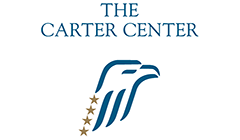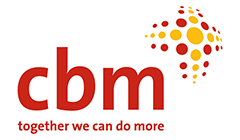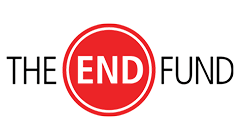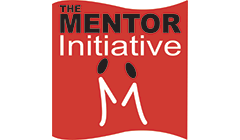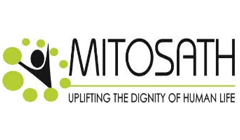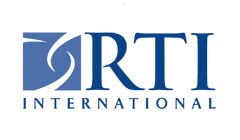History of the NGDO Group for Oncho
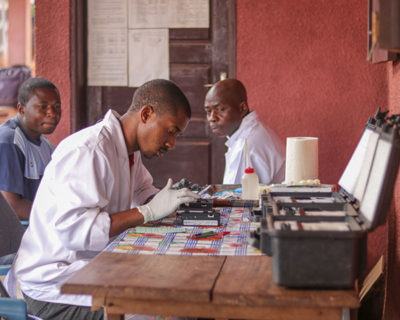 In the early days of the donation, the NGOs worked with ministries of health, the World Health Organization (WHO), and other partners to establish river blindness treatment programs in endemic countries. They were the recipients of applications for Mectizan. Today, countries own their elimination programs and the NGOs work alongside them to facilitate oncho elimination activities.
In the early days of the donation, the NGOs worked with ministries of health, the World Health Organization (WHO), and other partners to establish river blindness treatment programs in endemic countries. They were the recipients of applications for Mectizan. Today, countries own their elimination programs and the NGOs work alongside them to facilitate oncho elimination activities.
In 2015, the Geneva-based entity was dissolved and the group shifted to a volunteer leadership model known as the NGO Group for Onchocerciasis Elimination. The Group is governed by an elected chair and co-chair. The Group also has individual task teams for advocacy, long-term elimination strategy, and coordination between lymphatic filariasis and onchocerciasis elimination in Africa
Mandate of the NGO Group for Onchocerciasis Elimination
The Group:
- Works closely as implementation partners to provide technical and financial support to country programs and national onchocerciasis elimination committees (NOECs).
- Advocates for oncho and NTD elimination programs with ministries of health to mobilize domestic resources and political will for oncho elimination.
- Helps identify issues in need of operational research and the resources needed to conduct it. It also helps translate WHO policies and procedures into practice in the field.
